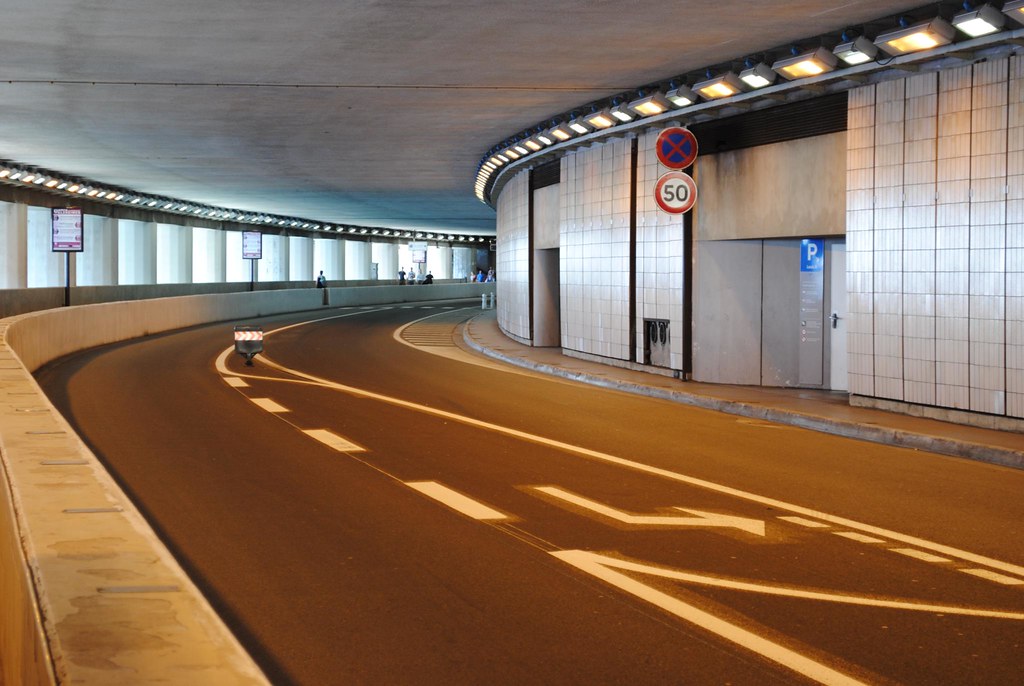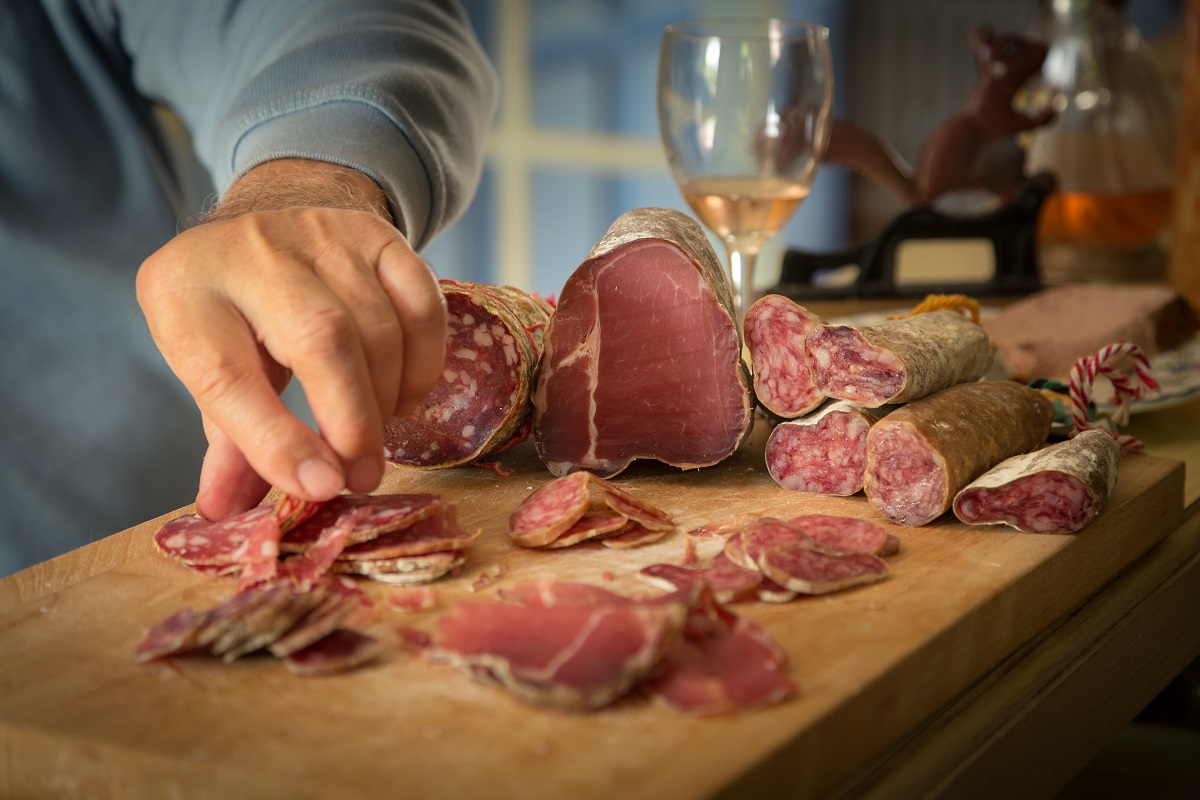Months after a strongly-worded report from France’s food safety agency about the prevalence of carcinogenic nitrates in food products, the French government has called for the reduction – not the removal – of the cancer-causing additives.
Nitrates have become a dirty word since a study from 2022 exposed them as cancer-causing menaces.
These food additives, commonly found in processed meats like that oh-so-French staple of charcuterie, were found to be linked to the disease in a scientific report by France’s national food safety agency, the Nationale de Sécurité Sanitaire des Aliments (ANSES), in July last year.
A HEALTH RISK
Studies on nitrates and cancer links have been around since 2015, when the International Agency for Research on Cancer declared deli meats as having high cancer risks. France alone has 4,300 new colon cancer cases each year ascribed to charcuterie consumption.
SLOW AND INADEQUATE
Government reaction to the news was anticipated to be swift, but turned out to move at a snail’s pace, with the plan only coming out on 27th March. Its contents could be termed uninspired and ambiguous, stating an “ambition to remove nitrates from our food as much as possible and wherever possible”. Hardly the decisive action expected by the public when food safety is questioned.
This means the government will only require a reduction in nitrates in foods. For example, certain cured meats, such as cooked ham and lardons, will require producers to reduce nitrate usage by 20% by the end of April. For other producers, such as those who produce rillettes and andouillettes, for example, they will be given six to 12 months to reduce their levels, and allowed up to five years to come up with alternative solutions to reduce or eliminate usage altogether.
This being said, France is trying to be ahead of the EU in terms of an action plan. The bloc has been incredibly lax in making a ruling on how to proceed, giving France a bit of a leg to stand on when responding to critics.
PLUSES AND MINUSES
Alternatives to nitrates exist and are being used in 7% of the market, though the price points on these products tend to be higher. Manufacturers are reluctant to scare off customers in these cash-strapped times, so their feet-dragging is understandable, but risks to public health should trump all.
This is where it gets murky. Producers say that less nitrates means a higher risk of bacteria, with food poisoning or worse being a potential outcome, though this is only theory and has not been scientifically tested.
In the end, it is a matter of preventing several thousand cancer cases each year brought on by a known carcinogenic substance, versus a possible maybe of a might, and the government’s lack of clarity on this does not bode well.
Sign up for the Monaco Life newsletter. For the latest news, follow us on Facebook, Twitter, and Instagram.
Photo source: Alex Guillaume for Unsplash





